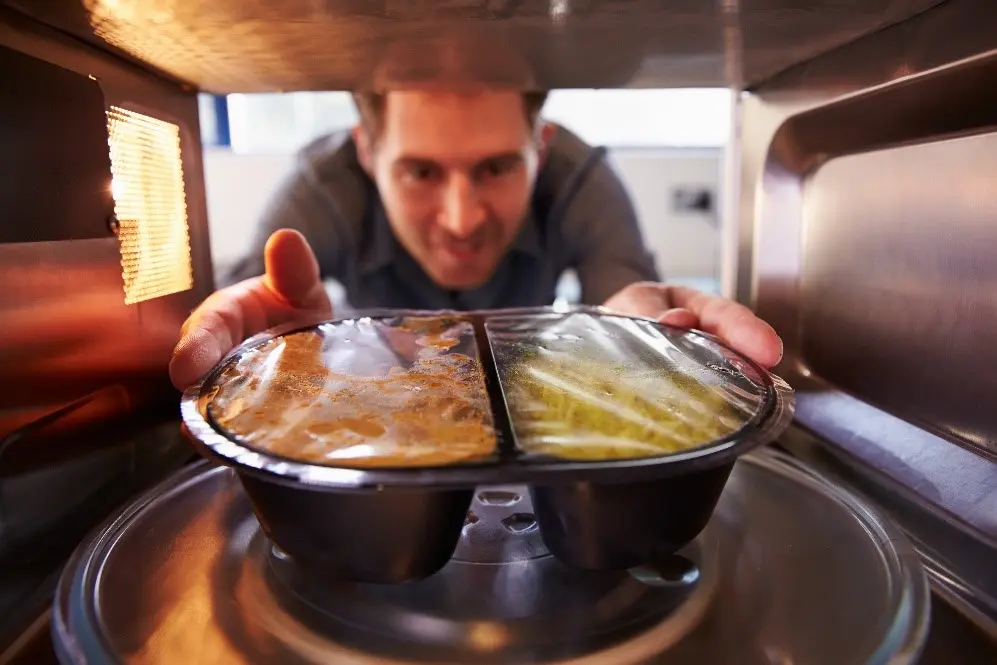Ready-made meals: Environmentally harmful junk food?
The ready-made meal market is growing despite its negative reputation. But is this bad reputation justified? The ConviFood cooperation project has looked at this question. On the basis of life-cycle assessments, the Life-Cycle Assessment Research Group compared the environmental impact of various types of freshly prepared meals and ready-made meals.

Ready-made meals are said to be less healthy and more detrimental to the environment. But is this reputation justified? As part of a cooperation between the Institute of Food and Beverage Innovation (ILGI) and the Institute of Natural Resource Sciences (IUNR), which is supported by the SV Foundation, industrially produced ready-made meals were compared with freshly prepared variants from the areas of community catering and private households with respect to their environmental impact, taste and nutritional content.
The results are surprising: The comparison reveals that the meals prepared in private households cause the most greenhouse gas emissions per portion. On the other hand, the global warming potential per portion is lowest for ready-made meals. When looking at the impact per 100 grams, however, the differences are less pronounced due to the smaller portion sizes of ready-made meals.
The majority of the environmental impact can be attributed to the ingredients found in the meals. The most environmentally friendly dishes are those that contain only few or no animal products. From an environmental perspective, it is therefore not so much the question of “ready-made or freshly prepared?” that is decisive but rather the choice of ingredients.